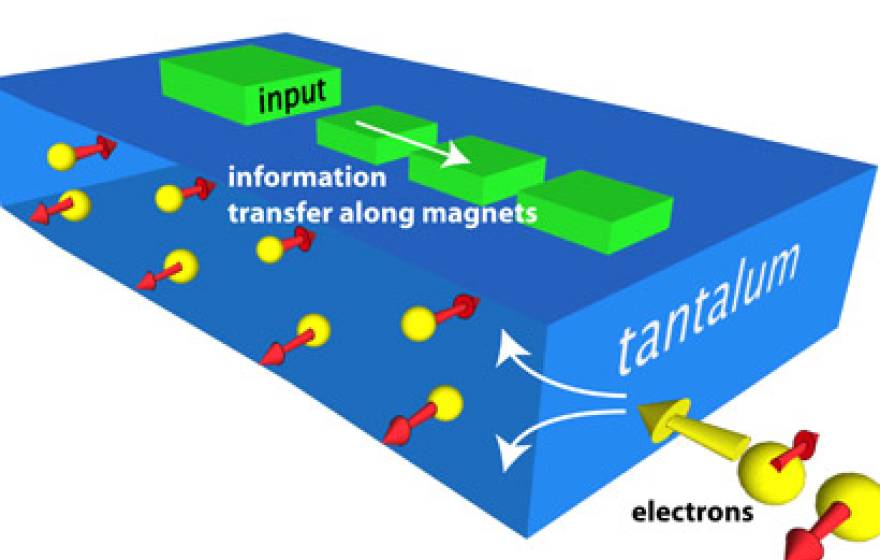UC Natural Reserve System |
Weather stations help answer climate questions
UC Natural Reserve System network provides data to measure how changes are impacting wildlife.
UC Irvine |
People with superior recall powers vulnerable to false memories
Test subjects with super-autobiographical memory logged scores similar to those with average memory, researchers find.
UC Davis |
Frog abnormalities not as common as feared
A 10-year study shows some good news for frogs and toads on national wildlife refuges: The rate of abnormalities such as shortened or missing legs was less than 2 percent overall.
UCLA |
Low-fat diet changes prostate cancer tissue
Study suggests altering diet lowers cell cycle prorgression score, a key predictor for recurrence of the disease.
UCLA |
For anxious children and teens, context counts
Those with anxiety disorders have more activity in specific part of brain if interpreting situations negatively, study finds.
The Atlantic |
How many of your memories are fake?
When people with super memory — those who can remember what they ate for breakfast on a specific day 10 years ago — are tested for accuracy, researchers find what goes into false memories.
UC Berkeley |
End of the computer transistor era?
Researchers could soon transform the building blocks of modern computing by making nanomagnetic switches a viable replacement for conventional transistors.
UC Davis |
Grapevine virus screening saves wine country $60M
Study quantifies monetary benefits for Napa, Sonoma counties of UC Davis-based Foundation Plant Services.
UCLA |
Dogs likely originated in ancient Europe
Genetic analysis suggests an extinct population of wolves was domesticated by hunter-gatherers more than 18,000 years ago
UC San Diego |
Shake table, robot win Popular Science awards
Innovations are among the magazine's 'Best of What's New' honorees.
UC San Diego |
Government aid: like parent, like offspring
Parents’ use of government assistance likely drives use in next generation.
UCLA |
Engineered tomato improves cholesterol
The tomatoes, designed to mimic the effect of "good" cholesterol, reduced the negative activity of unsaturated lysophosphatidic acids, which are found in the small intestine.





